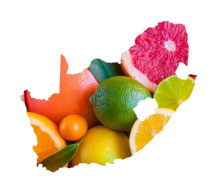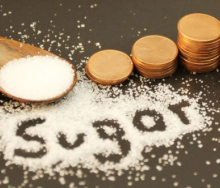As the country holds its breath to find out who will be in President Cyril Ramaphosa’s cabinet, a clear picture has emerged of the wanton frittering away of public money to sustain his predecessor’s “bloated cabinet”.
Under Jacob Zuma South Africa’s cabinet is said to have ballooned from 50 when Thabo Mbeki was still in power, to 72 ministers and deputies.
VIP protection of ministers from Zuma’s cabinet alone cost tax payers around R1.5 billion for the 2018/19 financial year when Ramaphosa took over as president.
Additionally, it cost the fiscus R188 million to provide and cater for ministerial residences, the Department of Public Works has said.
It is for this very reason, said Malegapuru Makgoba, deputy chair of the National Planning Commission, that Ramaphosa was under a lot of pressure to announce cabinet cut-backs.
In what has been called “a big bang approach”, Ramaphosa is expected to cluster certain departments together and keep other essential ministries like Treasury and the Department of Energy apart.
However, it is expected that the Department of Minerals, once run alongside Energy but split by Zuma into a single ministry, will once again both be clustered together.
Makgoba said it made sense for a country like South Africa to undergo administrative streamlining, “relative to its size as a country”.
Recently it was revealed that the cabinet was in the top five of the world’s biggest administrations, within range of Russia and India’s cabinets, but with the difference that South Africa’s Brics partners have population figures of more than 144 million and 1.3 billion respectively, compared to South Africa’s almost 58 million people.
In the meantime the country remains on tenterhooks about its next cabinet as Ramaphosa has thrown a dragnet over his decision making.
Earlier today it was reported that delays in announcing the cabinet had cost the rand its gains made against the US dollar last week, with the local currency more than 1% down against the Greenback.
At the time of posting this report, the rand was still steadily trending down.













